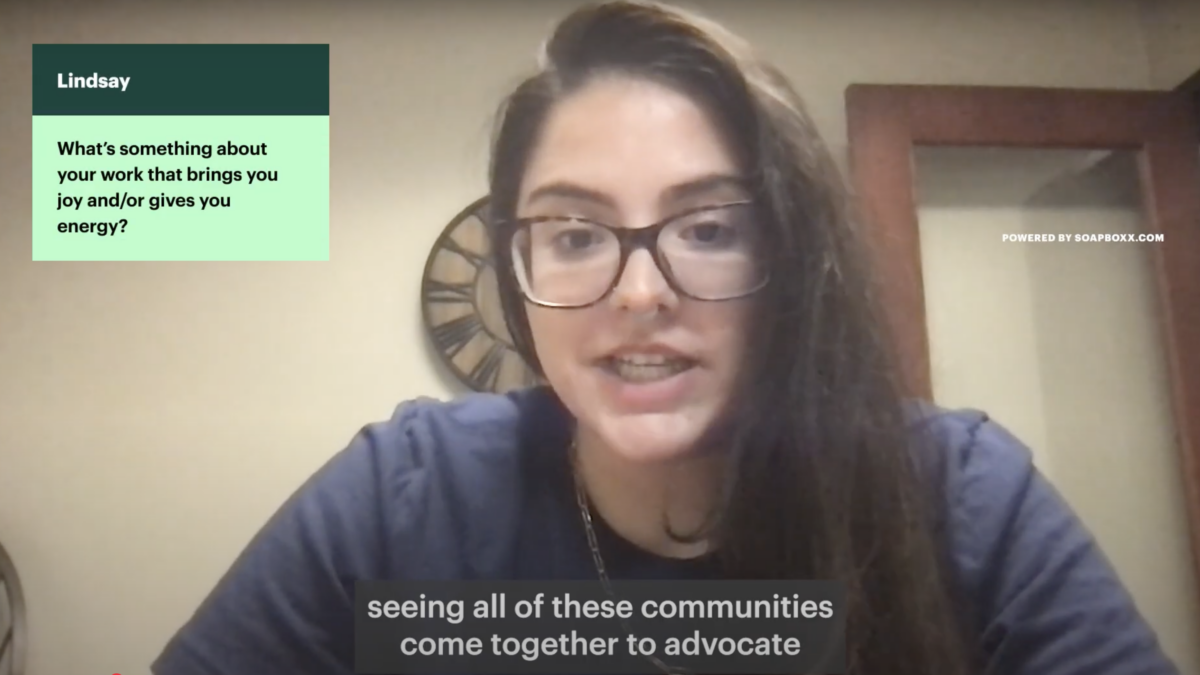Voices for Health Justice
Launched as a multi-state initiative, Voices for Health Justice began with a national coalition of advocates from 24 states working to advance health justice. Now in its second phase, Voices 2.0 has evolved into a more localized model, building the power of state-based coalitions to lead organizing, policy and narrative change efforts. With continued support from Community Catalyst and national partners, these coalitions are building power, expanding impact, and forging stronger cross-state connections to advance equity-driven change.
In its second iteration, the Voices for Health Justice program embodies our commitment to authentic power building – the process of organizing and mobilizing marginalized communities to assert control over decisions that directly affect their lives. Voices 2.0 partners work as state-level coalitions, focusing not just on policy victories, but on building sustainable infrastructure for long-term power by deepening community relationships, growing collective leadership, and fostering self-determination within Black, Brown, Latinx and other historically excluded communities.
As program lead, Community Catalyst collaborates closely with two other organizations, Community Change and the Center on Budget and Policy Priorities. Together, we shape the program’s direction and strategy as well as make decisions about special resource sharing opportunities. We also staff each project with technical assistance providers, and provide program-wide technical assistance through webinars and other vehicles. Partner organizations in the larger coalition work to organize community members, build local leaders, identify community priorities, and advocate for policies driving towards health justice.
Based on Community Catalyst’s system of advocacy, each partner organization project emphasizes building community power to demand and secure health system policy changes at every level, from local and state to federal.
Overall, we work with more than 100 partner organizations in 24 states across the country as part of this effort—creating a shared national network. Partners say that being part of this project has helped them to combine and scale their organizing and policy work, foster new relationships with other partners, and grow their capacity for state coalitions.
